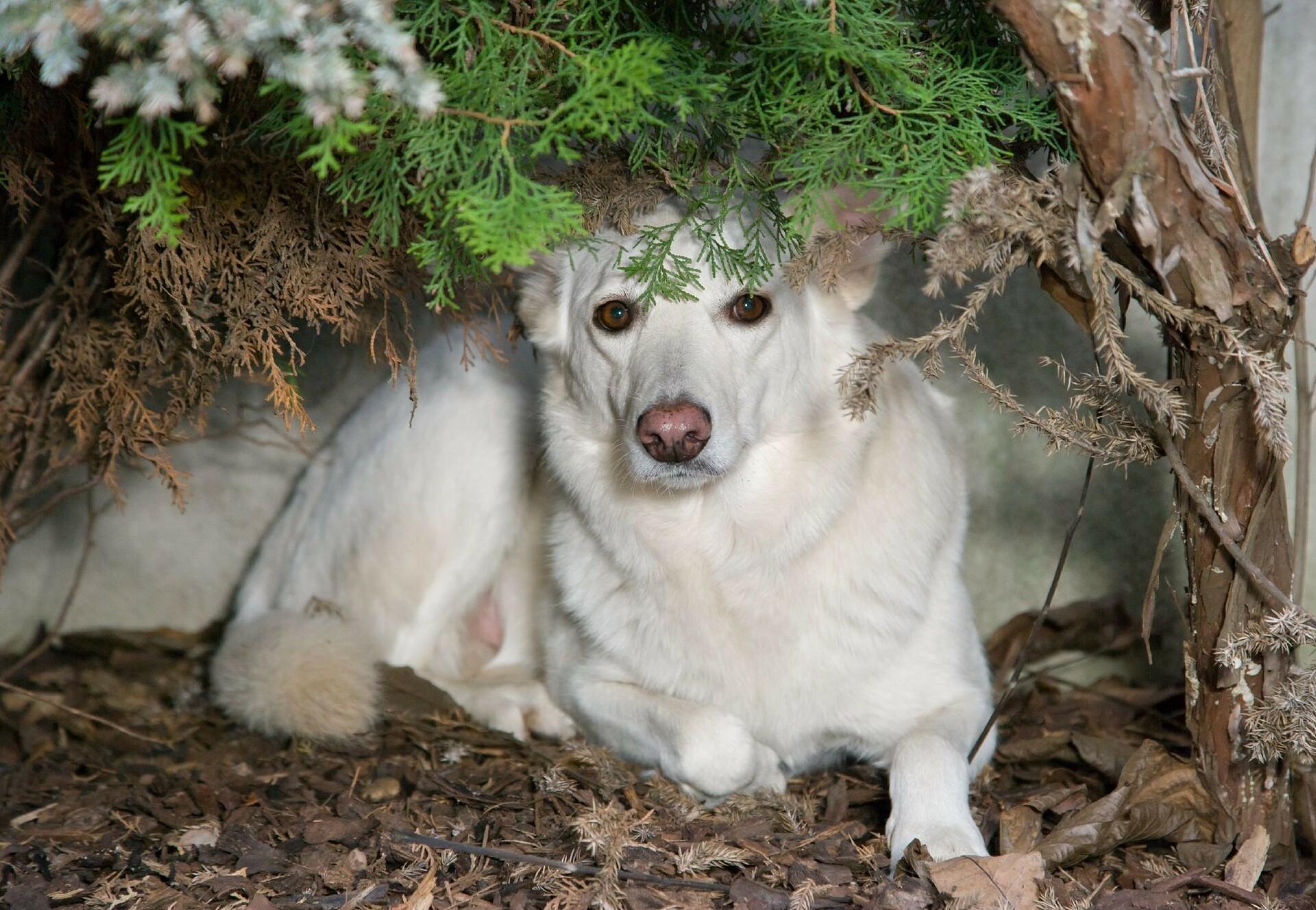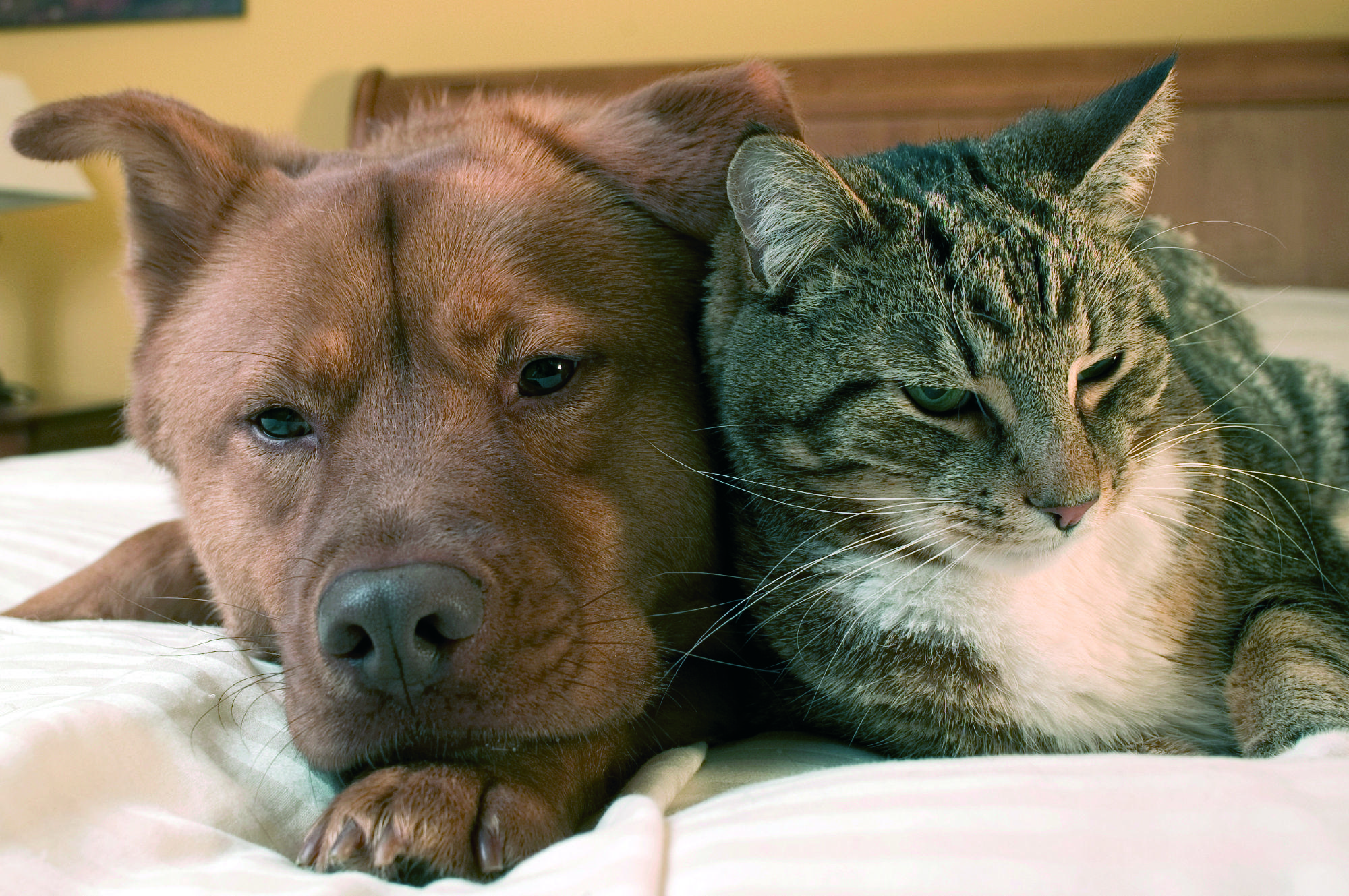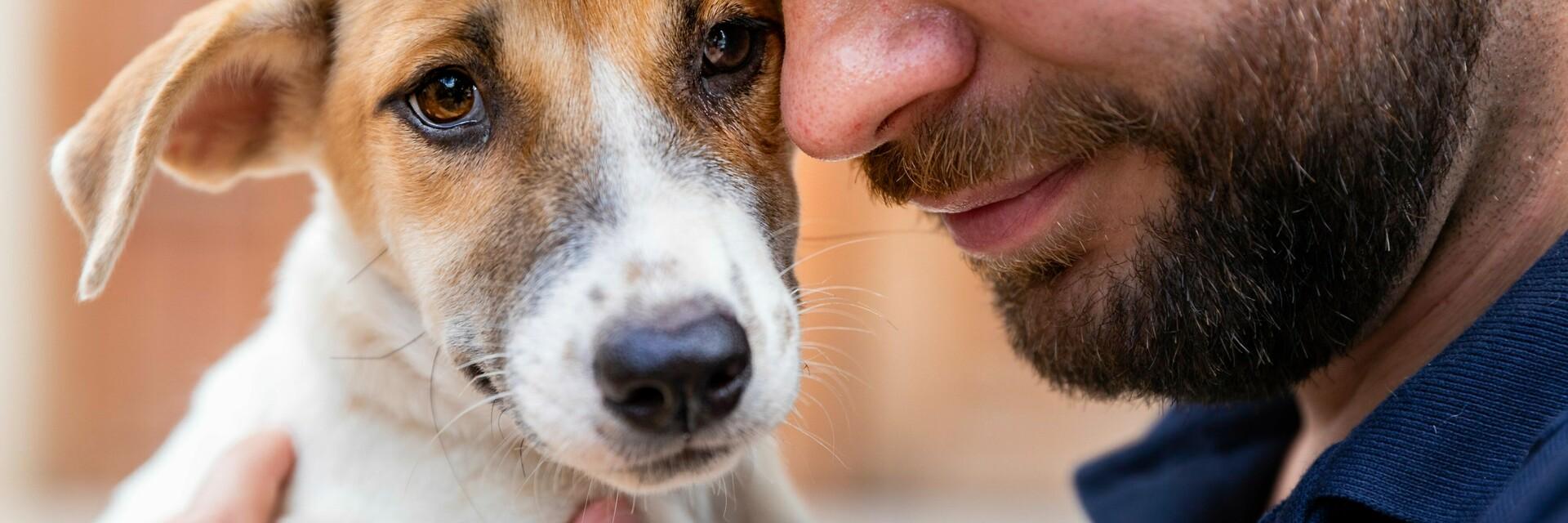
“LESS ADOPTABLE” PETs
They may be blind, they may have disabilities, they may be old, they may have special needs.
We’re talking about so-called 'less adoptable pets. What keeps people from adopting these extraordinary animals? The answer is ignorance, superstition and prejudice.
'Less adoptable' pets are special and unique
Animals that society regards as 'less adoptable' are just as enchanting as so-called 'normal' pets. They can give as much love and devotion as anyone could ask for. Real animal lovers will make the effort to see past the perceived 'blemishes' and cherish these animals for what they are

Supposedly 'less adoptable' animals are just different from the 'norm'
- Animals with special needs: These include animals with physical disabilities, chronic illnesses or behavioural problems that require constant vigilance or special care. Also included are animals with obvious physical differences, such as missing, deformed or paralysed limbs – or those with functional difficulties, such as sight or hearing impairment. Still others may have social or behavioural issues, including severe separation anxiety or situational anxiety. Animals that have suffered abuse also fall into this category
- Senior pets: Compared with their younger counterparts, older pets have a lower chance of being adopted. Adopters may be concerned that older animals will have to visit the vet more often, which would involve more costs. They might need a special diet, which would mean more work. They might become senile, which could have unpleasant consequences, such as incontinence. They might no longer be able to do some things they used to do quite easily, such as climb stairs
- Black animals: 'Black Dog Syndrome' has been identified as the effect that dark colouring has on the likelihood that an animal will be adopted. Black animals are often associated in literature and movies with evil ('The Omen', 'The Hound of the Baskervilles'). Black cats in particular tend to be associated with bad luck. This means they are more likely to be passed over by adopters.
Conclusion
A true animal lover will keep all these concerns in perspective, and may decide to give a 'less adoptable' animal the chance to live a fuller life. You might be surprised how much is possible!

